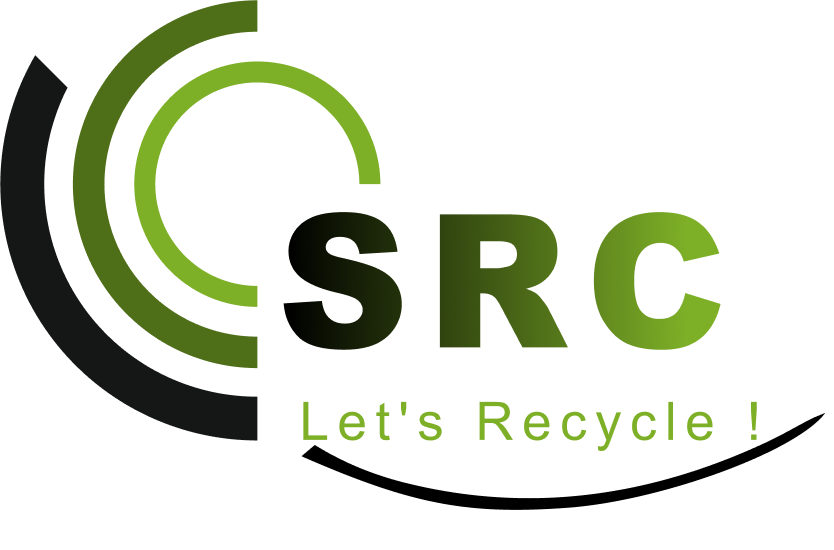Reclaimable & Recyclable
Rubber can be formed through natural and synthetic ways. Naturally it can be obtained through latex found in certain plants or trees. And synthetically it can be manufactured through various processes and unsaturated hydrocarbons. Due to the increase dominance of rubber industry products worldwide, millions tyres are tossed out every year, so rubber recycling has become quite a common method to keep huge amount of rubber out of landfills. More than 80 percent of scrap tyres serves the colossal market demand.
Reclaiming and recycling rubber utilizes less energy than producing all-new rubber. Recycling rubber represses demand for new natural rubber that helps preventing rubber plantations from escalating into sensitive tropical ecosystems. Moreover keeping rubber out of pits is help protecting the environment and human health. For example, firing of tyres in land pits causes hazardous pollution. So recycling can be termed as a safety hazard too.
Recycled rubber is latest trending term in the market under which it been recycled in all-new form with new usages and features.

Rubber can be recycled through three commonly used methods.
Firstly, a rubber product can be revamped. For example, remoulding old tires produces into refurbished tires.
Secondly, rubber can be crumpled down and shaped into an entirely new product such as playground surfacing.
Thirdly, burning tires produces energy used for manufacturing processes, electricity or other purposes. Maintaining or sustaining the characteristics of rubber is a great challenge while recycling it.
When rubber is manufactured, its chemical changes undergo through a high process known as vulcanization. It helps increasing its elasticity and flexibility.
In contrary, de-vulcanized rubber conk out the bonds produced during the process of vulcanization process. It allows the rubber to be re-moulded and reused for series of purposes. De-vulcanization can be done through high heat and toxic chemicals which make the recycling difficult. Thus, scientists nowadays continue researching various friendly methods of de-vulcanization.
Rubber enjoys wide application. It can be formed into extensive range of products such as doormats, shoes, inner tubes, buckets, flowerpots and even clothing. Even crushed down rubber can be put to use as mulch for gardens or playgrounds. The granules of the same can be integrated into asphalt to create road surfaces. Rubber producing industries are tires/tubes industries, rubber gloves, rubber threads etc. India has witnessed wide growth of rubber and inter-related products over last few years. It serves the need of both small and large scale industries.
